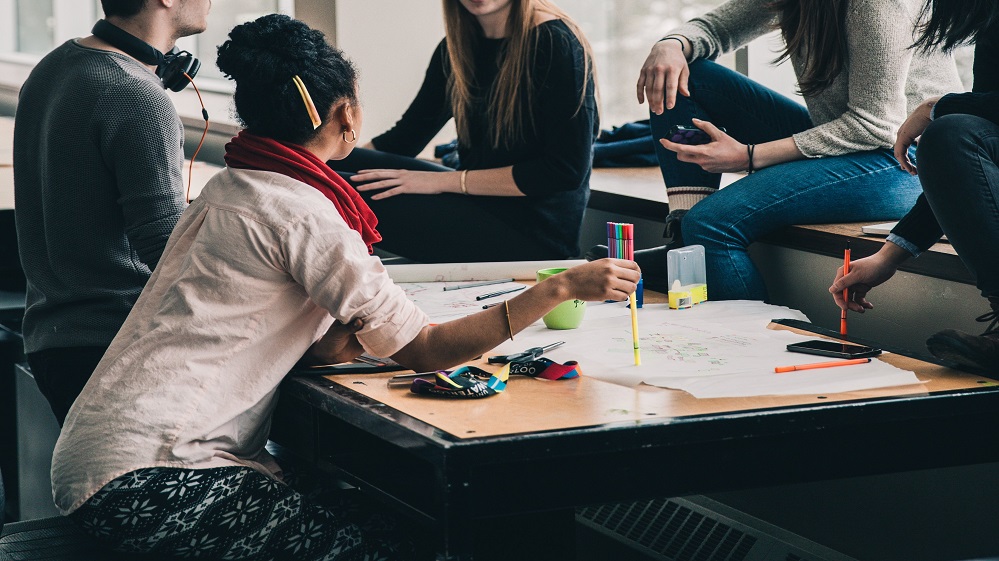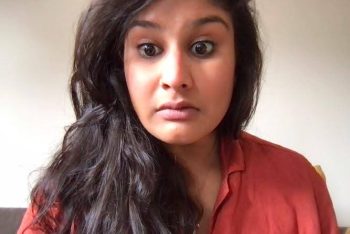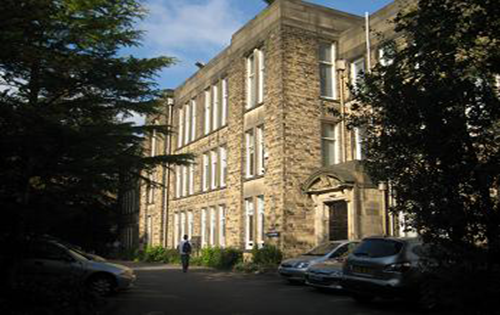
Decolonial Research Ethics
Practical Skills for De/Anti Colonial Fieldwork
This workshop is dedicated to an open conversation rooted in efforts to actualise anti and decolonial critical research ethics especially in terms of collaborative fieldwork. We will discuss practical and theoretical approaches to accountability and political dynamics in ethics and research. The workshop begins from a place that recognises research participants as authorities of their own lived experiences that gives rise to the theorisations that occur in the academy. At the same time, we realise that there are practical difficulties that arise in conducting this kind of research, as with any research. Sometimes the difficulties are due to the institutions we are beholden to, and sometimes they are not. These problems might range from having the processes and procedures of ethics approval over bureaucratising the relationships of mutual care one is trying to fortify in their research to navigate the sometimes-slippery slope between engaging a topic from the point of view of activist to researcher. They include managing the terrain of trying to live feminist and/or decolonial praxes as these ways of being in the world are refracted through either untethered discourses or harmful co-opting to the detriment of marginalised populations, though of course there are a myriad of others, and we welcome you to bring your own ideas, concerns, and questions.
Learning outcomes:
- Theoretical and practical awareness and recognition of some of the ethical dilemmas connected with fieldwork.
- Applying some of the skills learned in terms of negotiating research ethics to students’ own fieldwork.
- Thinking through what anti/decolonial fieldwork can look like.

Dr Alysa Ghose
Alysa is an anthropologist of race, gender, sexuality, kinship class, and nation, and has examined these through health, religion and migration. She has explored these questions in Latin America and the Caribbean, specifically Cuba where she has conducted ethnographic fieldwork since 2009. Her new major research project is taking her from Cuba to the United States and potentially parts of Europe as she tracks the experience of migrants fleeing austerity on the island, which is the result of the US’s global embargo. Alysa is a lecturer in Religion and Decolonisation and teaches on Afrodiasporic religious traditions as at once creole and indigenous through the lens of people, culture and society. Some interesting methodological quandaries she has dealt with include working with interlocutors who are ontologically dead, and the politics and ethics of border crossing in migration fieldwork. Alysa sees academia as a means to enact change via telling the stories of People of Colour on their own terms through research, and by advancing social transformation through teaching.
This training session will be delivered face-to-face at the University of Sheffield and will not be recorded.
Places are limited at this event, so please only book a ticket if you can guarantee your attendance.
Bookings will close at 9am on Friday February 7th.








